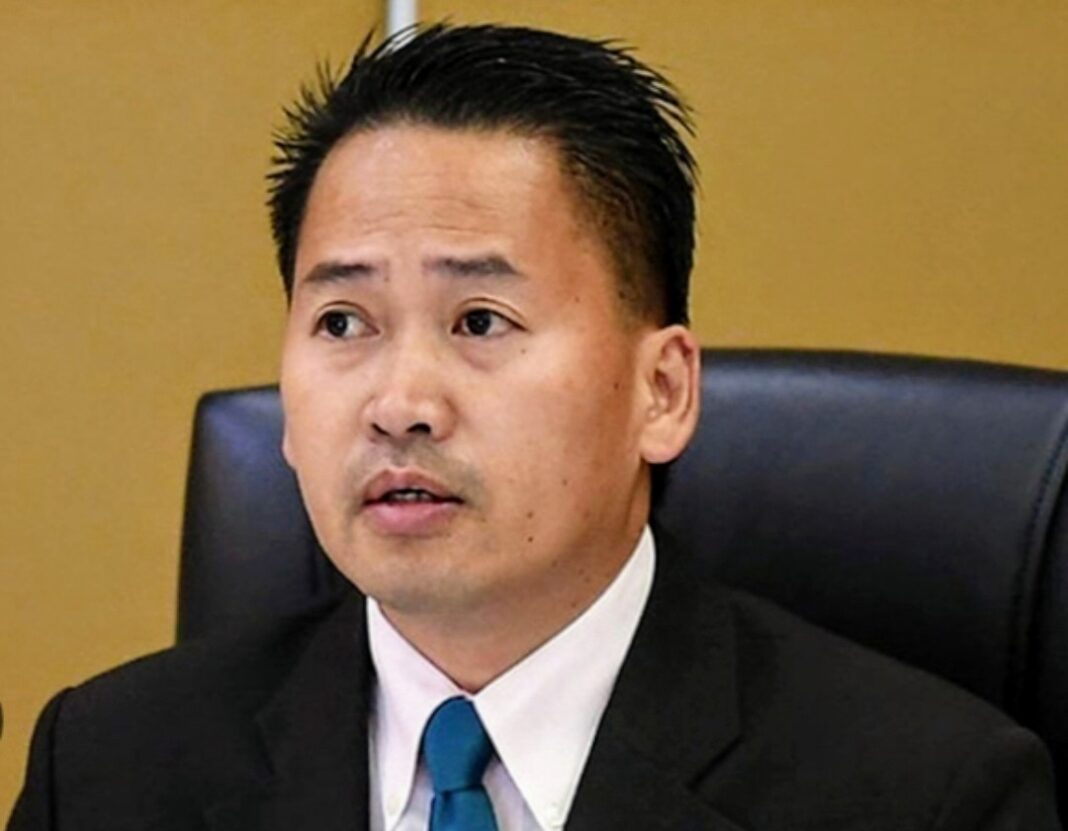“Dr Jeffrey …limplementation has been excruciatingly slow,”
KOTA KINABALU : – Deputy Chief Minister Datuk Seri Panglima Dr Jeffrey Kitingan has voiced his concern over the slow implementation of the Malaysia Agreement 1963 (MA63), despite assurances from Prime Minister Anwar Ibrahim.
While 11 demands from Sabah and Sarawak have reportedly been resolved, many crucial elements remain unaddressed.
“The implementation has been excruciatingly slow,” Jeffrey said.
”Despite the prime minister’s pledge for swift action, significant delays persist due to a lack of political will and the structural challenges within the federal government.”
Beyond Federal Failings
While the federal government has played a significant role in delaying the full implementation of MA63, Jeffrey stressed that responsibility also lies with past state administrations.
“When referring to the state government, we mean the overall governance in Sabah since the formation of Malaysia. Past administrations, irrespective of party, have often been too willing to defer to federal interests,” he explained.
Reflecting on this lack of political will, Jeffrey recalled his time as an opposition member in the Dewan Undangan Negeri Sabah about 10 years ago.
“I was often a lone voice calling for a federal review of MA63, but faced resistance, even from the then Chief Minister, who dismissed such calls with remarks like ‘apa review review?’” he said.
“It was evident that neither the federal nor state governments were willing to address these issues.”
The current leadership, however, is actively committed to advancing MA63.
“This isn’t about pointing fingers at any particular administration; it’s about addressing a long-festering issue that needs a united effort,” Jeffrey said.
He also expressed concerned about the influence of the ‘deep state,’ noting that civil servants often wield greater power than ministers, further hindering MA63’s implementation.
Financial Rights and Constitutional Breaches
According to Jeffrey, the most critical aspect of MA63 is the financial rights due to Sabah.
“The federal government has not honoured the 40% revenue share owed to Sabah. They know the figures but refuse to allocate our rightful portion,” he stated.
“Some argue that restoring this share might strain Malaysia’s finances, which tells us how much revenue is derived from Sabah. Are we supporting the nation while receiving only crumbs in return?”
He also pointed to other neglected financial entitlements, such as 10% export duties on petroleum and 10% import duties on petroleum products.
“These are rights enshrined in the Constitution, and ignoring them constitutes a breach of the federal government’s constitutional obligations,” Jeffrey said.
Parliamentary Representation and Autonomy
Jeffrey raised concerns over parliamentary representation, where Malaya currently holds more than two-thirds of the seats.
“This dominance allows constitutional amendments that could undermine Sabah and Sarawak’s interests, even if we object strongly. Increasing Bornean seats to 35% is crucial to prevent unchecked power.”
He also questioned whether Bornean MPs from Malayan-based parties could truly advocate for Borneo’s rights.
”Can we be assured they will defend our interests instead of toeing the party line?” Jeffrey asked.





